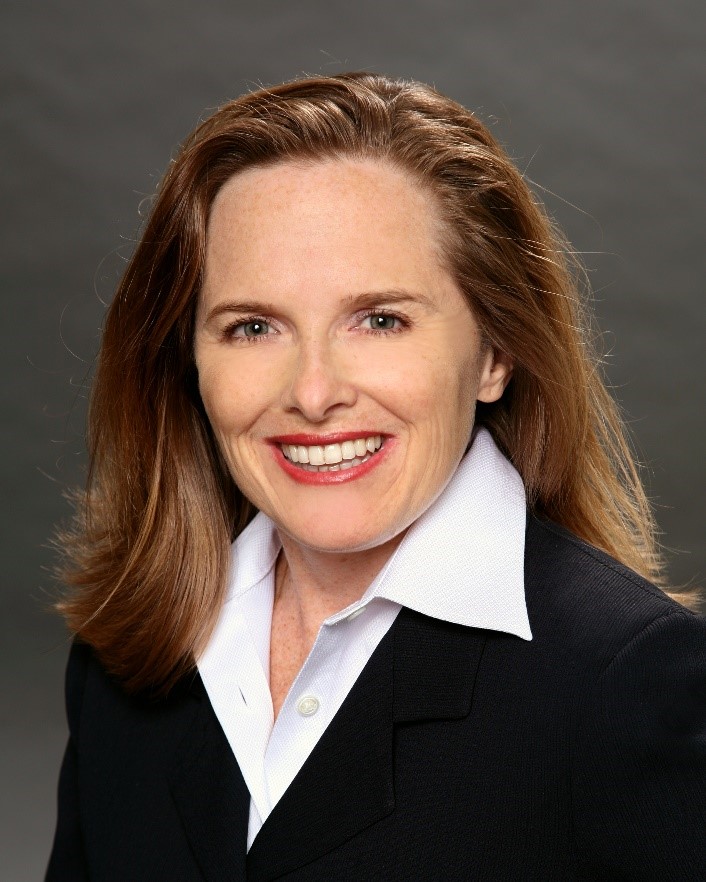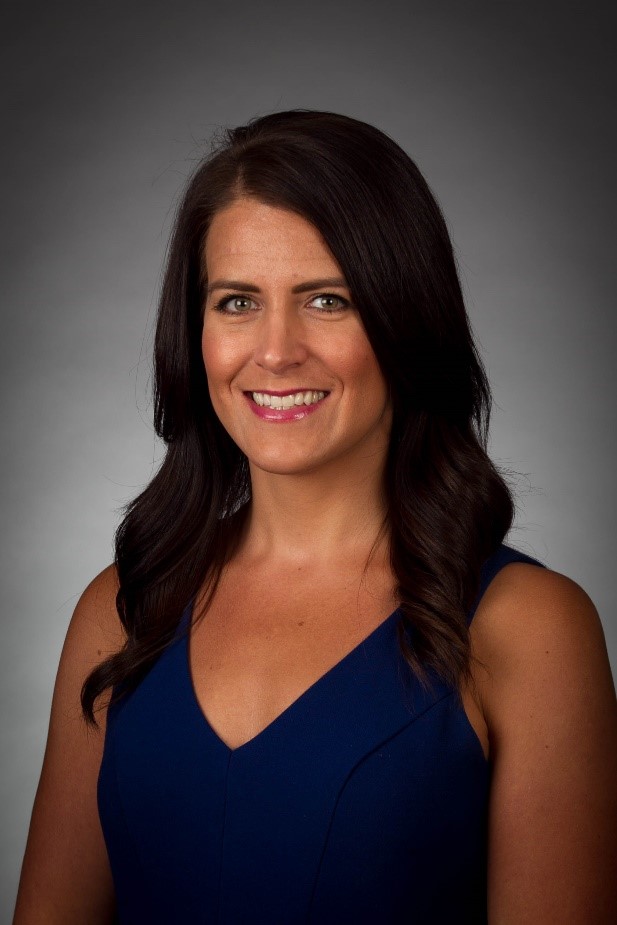Part of the Aging and Disability Business Institute Series—a Collaboration of n4a and ASA.
Includes complimentary CEUs*
*This web seminar is approved for AoTA contact hours in addition to CEUs approved for all ASA web seminars
In February 2018, Congress passed the Bipartisan Budget Act, which includes the CHRONIC Care Act. This historic law aims to improve care quality for individuals with complex health and social needs, including older adults and people with disabilities. The law employs a variety of mechanisms, including enhancing care coordination in Accountable Care Organizations, extending a successful home-based primary care pilot and allowing for expanded telehealth service delivery. It also focuses on Medicare Advantage (MA) and Special Needs Plans, giving MA plans greater flexibility to cover non-medical benefits, such as home-delivered meals or home modifications, for targeted high-need/high-risk Medicare and dually eligible members. This expansion represents a shift in the Center for Medicare and Medicaid Services’ interpretation of which types of interventions are considered “health-related.” And for the first time on a wide scale, it opens the door for community-based organizations (CBO) to partner with MA plans and get paid for delivering the services in which they excel. In this web seminar, expert speakers will explain the changes ushered in by the CHRONIC Care Act, detail its potential to improve care for complex-need populations and explore its implications for CBO reimbursement and healthcare integration.
Participants in this web seminar will be able to:
- Articulate the importance of a new law that encourages the integration of health and social services;
- Understand the CHRONIC Care Act’s key policy and regulatory changes impacting care delivery;
- List ways that CBOs might take advantage of the CHRONIC Care Act’s provisions to move toward more robust partnerships with MA plans;
- Prepare CBOs to comment on future draft regulations associated with the CHRONIC CARE Act.
Presenters:
 Gretchen E. Alkema, Ph.D., LCSW, is vice president of Policy and Communications for The SCAN Foundation.
Gretchen E. Alkema, Ph.D., LCSW, is vice president of Policy and Communications for The SCAN Foundation.
 Mary Kaschak is the deputy director of the Aging and Disability Business Institute at the National Association of Area Agencies on Aging (n4a).
Mary Kaschak is the deputy director of the Aging and Disability Business Institute at the National Association of Area Agencies on Aging (n4a).
The Aging and Disability Business Institute is funded by:
Administration for Community Living
The John A. Hartford Foundation
The Gary and Mary West Foundation
The Colorado Health Foundation
The Marin Community Foundation
Partners:
National Association of Area Agencies on Aging (n4a)
Independent Living Research Utilization/National Center for Aging and Disability
Elder Services of the Merrimack Valley/Healthy Living Center of Excellence.
Learn more about The Aging and Disability Business Institute at www.aginganddisabilitybusinessinstitute.org

